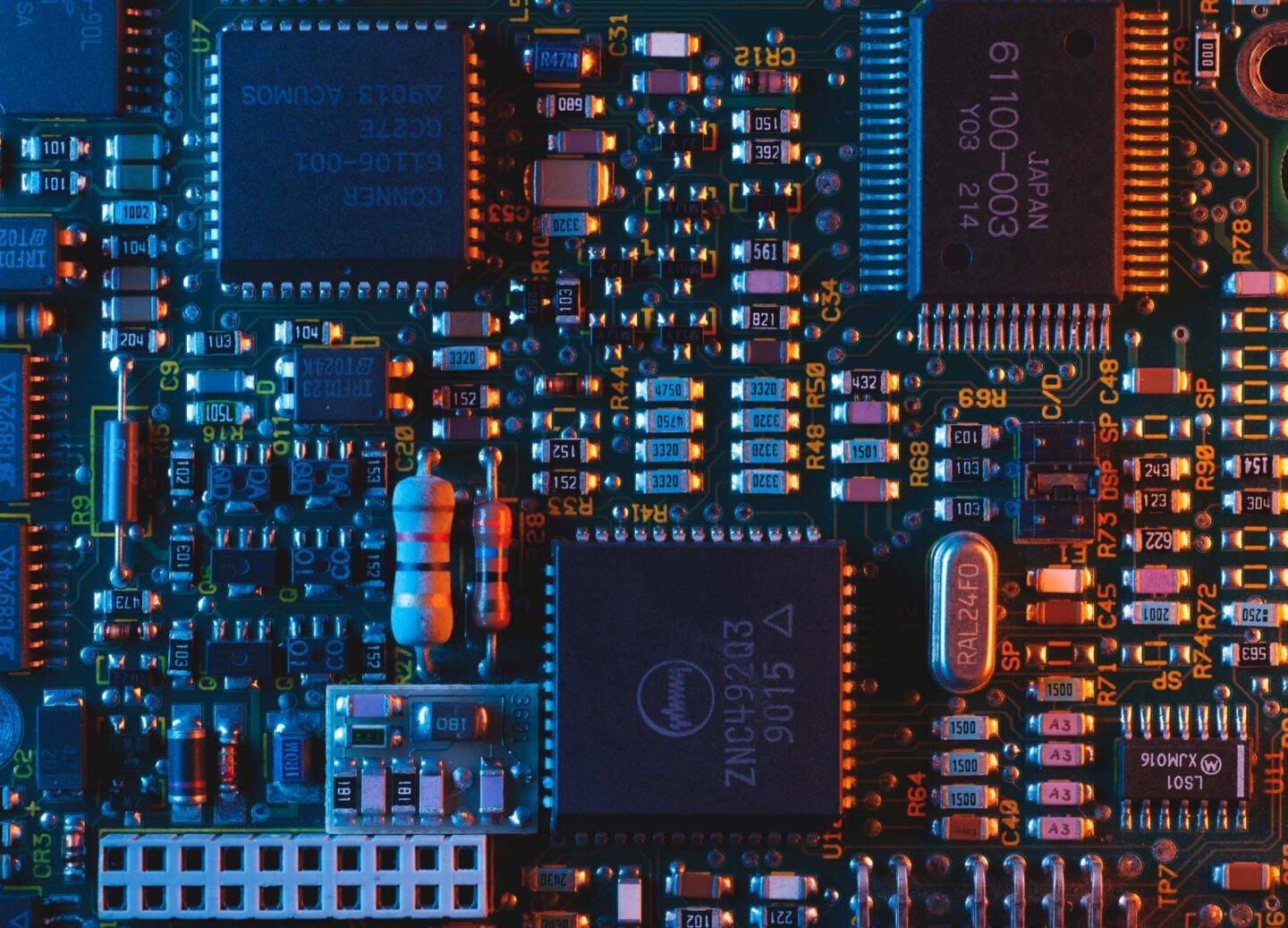
Megatrends – are they friends or foes of sustainability?
November 2, 2022
Investigating the four biggest megatrends of our time and how they will affect sustainability
Today’s society is being defined by global megatrends; what Ernst and Young refer to as ‘large, transformative global forces that define the future by having far-reaching impacts on businesses, economies, industries, societies and individuals.’ While many of these, such as technological innovation, promise to enrich our lives, they also affect the planet and its resources. In this article, we determine whether four major megatrends will help or hinder our drive towards sustainability.
4. Energy and the race to net zero
The transition towards renewable sources of energy will prove a major catalyst to achieving net zero emissions and reducing the planet’s reliance on fossil fuels. However, we are already witnessing how far behind the world is on this transition, through the ways many countries are reverting back to traditional energy sources in response to Russia cutting off supplies. Had Governments taken renewables more seriously long ago and built the necessary renewable energy infrastructure, we may not be witnessing the crisis we are in today.
Solar, wind and tidal energy are the most well-known renewable sources. Today, they still only account for a fraction of energy consumed in the UK. Never mind the rest of the world. In a more industrial setting, hydrogen is finding favour. Green hydrogen in particular can help lower greenhouse gas emissions from hard-to-decarbonise sectors like steel, industry and heavy transport. It can also provide low-cost storage for electricity grids to maximise the potential of renewable energy.
More controversial sources are nuclear and fusion. Nuclear power plants create radioactive wastes such as uranium mill tailings and spent (used) reactor fuel. These materials can remain radioactive and dangerous to human health for thousands of years. A friendlier alternative is fusion, but this remains in its infancy.
Verdict: Renewables are key on the road to sustainability, but globally this requires greater investment.
3. Greenhouse gas reduction
Net zero depends on us finding new ways of reducing greenhouse gas emissions. Innovators are also supporting the cause by exploring technologies which remove harmful gases already in the atmosphere. The IPCC (Intergovernmental Panel on Climate Change) insists that tackling new greenhouse emissions is not enough to keep global warming at a manageable level. The only way to avoid the worst effects of climate change is to scale up carbon capture and removal technologies.
One way of achieving this is through direct air capture, which takes – or scrubs – carbon dioxide directly from the atmosphere and then stores it either underground or inside products. It is however very energy intensive and to be effective it needs to be powered by low or zero-carbon energy sources.
According to the IEA’s Direct Air Capture report, there are currently 19 direct air capture plants operating worldwide, capturing more than 0.01 Mt CO2/year. To truly make a difference, this level of deployment will require several more large-scale demonstrations to refine the technology and reduce capture costs.
Verdict: To make a difference, carbon capture methods must be scaled up considerably. Currently, its contribution is tiny.
2. Mobility
The entire transportation sector is moving towards cleaner forms of propulsion. Electric vehicle adoption is growing throughout Europe, but this brings challenges of its own. For example, the majority of battery-electric vehicles (BEVs) utilise lithium-ion batteries which are difficult to recycle. When diverted to landfill, they can leach toxic, corrosive chemicals such as mercury, cadmium, lead and nickel into the soil and water table, which endangers the environment and human health. While businesses are exploring new ways to recover value from end-of-life lithium-ion batteries, the need to educate entire supply chains still exists and will be critical to how sustainable these can be.
An alternative is hydrogen power, considered by many to be cleaner than electricity. However, most countries lack the necessary infrastructure for hydrogen-powered vehicles to become popular. Instead, it seems likely that hydrogen could power long-distance journeys. It’s already thought of as important for rail. While electricity powers shorter, typical car journeys.
The other challenge for making mobility sustainable is that of aerospace. The best way to address the sector’s carbon footprint is to drastically reduce the amount we fly, yet innovators are also at hand to find more sustainable ways of taking to the sky. In the shorter term, the industry is working to reduce fuel consumption by driving efficiencies, yet this will have a limited impact on emissions. The real gains will be made by finding more sustainable ways of powering aircraft for example bio-based fuels, hydrogen and believe it or not – electricity.
Verdict: Vehicle electrification will have a hugely positive impact on the environment and there remains a wealth of opportunities through other power sources.
1. Sustainable Agriculture
Agriculture has long been unsustainable and while the sector now recognises the need to move towards more planet-friendly forms of farming, challenges still remain. The National Farmers Union has set a target of hitting net zero by 2040 through; better land management, improved production efficiency, and the promotion of carbon capture. This follows a global drive to feed the planet today, without starving the planet tomorrow.
Sustainable farming means changing behaviours, habits and processes. Farmers are being educated about more effective crop rotation and diversification. They are also harnessing data and analytics to better nurture crops and reduce reliance on pesticides. Education is also heralding alternative forms of produce.
For example, one of the biggest carbon emitters in agriculture is methane released from cattle. By switching to alternative proteins, we can reduce our reliance on cattle farming and therefore its impact. This would also free up large swathes of land for uses which help decarbonise the planet. However, there remains no source of authoritative research which demonstrates alternative proteins are as good for humans as meat-based proteins; therefore, more research is required.
Verdict: Changing behaviours and processes in agriculture will make a substantial impact on climate change.
Are you interested in learning more about sustainability megatrends around the world? Want to find out more about how you can make a difference through small behavioural changes? Join our online learning course, which has a module dedicated to megatrends.
About the author

Dr Denise Taylor is a qualified sustainability consultant who founded a family-run business, Wylde Connections, alongside her daughter in January 2020. The inception of Wylde brought together Denise’s knowledge, skills and experience gained over 30 years across three main disciplines: environmental education, strategic marketing communications, and learning and development. Find Denise on Linkedin.
Got a learning problem to solve?
Get in touch to discover how we can help

